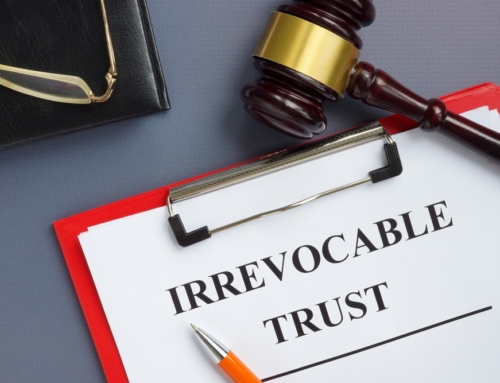People keep asking TaxMama® how much tax they’ll have to pay on something they inherited. The good news is, generally the answer is “none.” The heirs don’t pay. The estate of the decedent pays any taxes due when the estate is large enough to be subject to estate taxes.
This leads to more good news: In January’s fiscal cliff legislation, Congress finally took the mystery out of estate taxes. Starting on January 1, 2013, the amount of assets that are excluded from estate taxes is $5.25 million. Over 95 percent of U.S. taxpayers will never have to pay estate or gift taxes.
What do you need to know about the assets you inherit?
First, the bad news.
You must pay taxes when inheriting IRAs, pension plans, annuities, U.S. savings bonds, and other assets that have untaxed earnings. You will have to pay the taxes when selling these assets or cashing them out.
Minimize the impact of this by doing research. How much did the decedent contribute toward the investment? Whatever was paid using after-tax dollars returns to you tax-free. The state amount may be different as it might have allowed a lower IRA contribution in some years, making your state cost basis higher. A good tax pro can help you determine the differences.
With Roth IRAs, the full amount should be tax-free, but only if the money is drawn five years after the account was established. For example, if the decedent opened the account in March 31, 2010, all the earnings will be taxable if you draw out the money before April 1, 2015.
And the good news is…
Aside from the assets above, when someone dies, his or her other assets’ tax cost jumps to the value at date of death. Folks inheriting stocks or other assets, even if bought at the dawn of time, don’t have to reconstruct the cost. Suppose Walmart stock cost $1,000 in 1980. Today, with reinvested dividends and stock splits, the stock would be worth around $400,000. None of that gain would be taxable to the heir. Any gain or loss when the stock is sold after the date of death would generate either a taxable gain or loss—all of it long-term.
Look up each security’s value on a specific date by using www.bigcharts.com or by entering the stock symbol on your favorite search engine and looking up historical prices. If you are going to hold it for a long time after the date of death, get a computation of the reinvestments and splits, which is easy to do at NetBasis.com. Print out the information for each asset.
There are special rules relating to increased basis in community property states. Incidentally, if you’ve got a Green Card and an estate worth over $60,000, get your citizenship immediately.
Eva Rosenberg, EA is the publisher of TaxMama.com , where your tax questions are answered. Eva is the author of several books and ebooks, including the new edition of Small Business Taxes Made Easy. Eva teaches a tax pro course at IRSExams.com and tax courses you might enjoy at http://www.cpelink.com/teamtaxmama.






